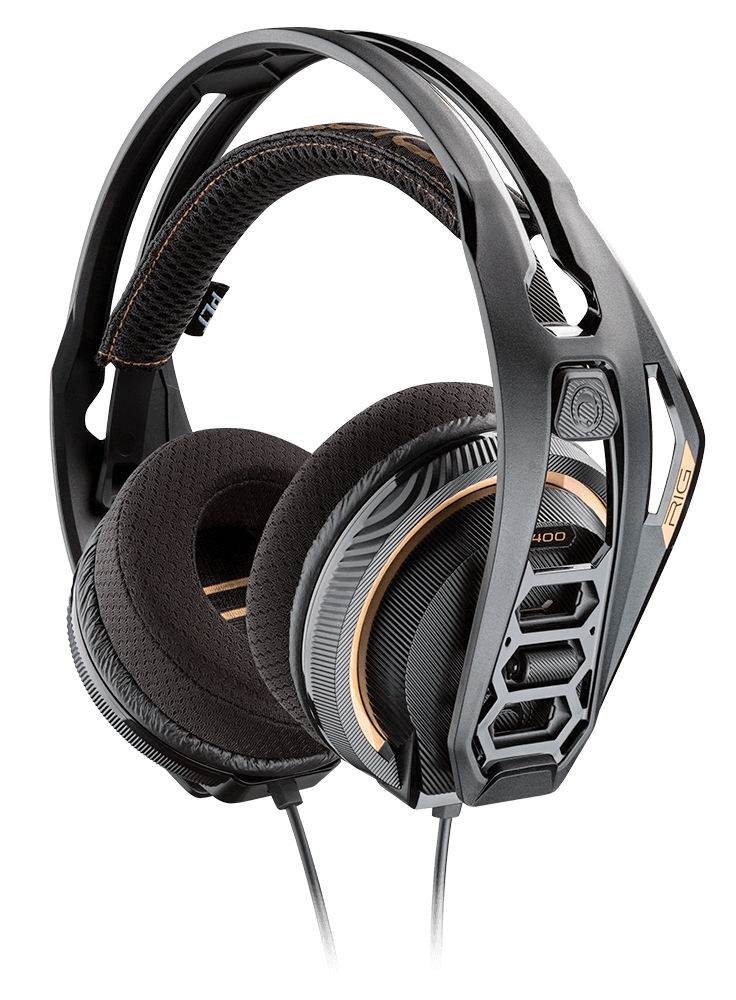Hi Jock, I don't have specific recommendations* but maybe it helps having some hints on what to look for:
First off, I think there's nothing specific to MW DX that would require different considerations than any other weak signal DX and if there is one, it would be that I want the headphones to have a pleasant sound for when the station isn't DX. I love what MW (music-) broadcasters do to the bass, so the headphones are supposed to give me all of it and that means the "ultraportable" requirement can't be met so easily - earbuds, flimsy walkman phones etc. are usually compromised in the bass range, or they don't meet some of the other requirements I deem important for DX:
1. They should be of the
"closed" type. You want to focus on the signal, so even if you go portable and leave the usual civilization noises behind, wind, rain, thunderstorms, seagulls or sheep can be seriously intrusive distractions. The most important part though is that this helps keeping the volume levels healthy! They'll also keep your ears nicely warm in winter, unfortunately in summer, too.
 2.
2. A typically mid-scooped "hi-fi"
frequency response usually not desirable indeed. Well, at least not the treble side of the curve and it depends - treble response would not harm if your radio is top-notch, has really good IF filters and does not introduce additional hiss in the audio stage - then the extra sizzle in the treble range would simply do nothing... but in many cases the radio is not like that and then the next two points become important:
3. High-ish
impedance >32Ω helps trading volume for less noise from hissy audio amplifiers. Most radios emit some hiss even with the volume turned all the way down, some quite a lot of that and this becomes really obvious when you plug in sensitive (low impedance) headphones (or use the radio on the bedside), so you can't turn up the volume much. High impedance transducers will load the output enough to attenuate the hiss and give you more wiggle room with the volume setting.
4. Comfort may be the last in this list, but after a few hours it will become item #1 in it if they lack it. Also, there is physiological (wearing) and acoustical comfort to be considered and particularly the latter is a surprisingly controversial, subjective and complicated topic: There are basically 2 schools for what people think you should be able to hear:
A) The "utilitarian", "optimized for voice", "200-3500Hz is all you need" faction -- they say that all you want/need is the frequency range needed for voice and claim that everything below 200Hz and above 3.5kHz is a waste and distracting. I think many of us have experienced what seems to prove their point: You listen to something on the radio's speaker with its limited frequency response and it sounds OK but when you plug in your headphones it all sounds scratchy and hissy, because, well, see 3. and the wide frequency response makes the imperfections of cheap IF filters very obvious - suddenly you hear the 10kHz hets on AM or the residue splatter from the SSB station 5kHz up. That can be distracting and tiring indeed! However, the other "school" has points to make too:
B) The "flatliners" -- they say a rather neutral, flat frequency response is more appropriate for decent, modern radios and that listening to the narrow, midrange-only "voice band" is tiring as well. A linear response in the low end is not only making broadcast stations more enjoyable, particularly music programs, low frequency "content" is also important for intelligibility of weak signals and I have experienced many times that this is true. Explaining in detail why this might be true would go beyond the scope of this write-up but imagine that most of the acoustic and therefore modulation energy is in (and below) the lowest part of the "voice" range, particularly when the voice was heavily (often over-) processed by broadcasters or hams with the urge to sound like a broadcaster. I personally find it also more relaxing to hear the fundamentals carrying the voice when trying to figure out the noisy vowels and consonants. Cutting that off leaves you with only the noisy stuff.
If you're still awake at this point you probably understood that this is all not only a question of your individual ears and preferences, it also depends a lot on the radio you are going to use. For example, if your portable rig is a D-808 with a lot of hiss,
pretty wide filter ("-60dB") filter stopband and zero tone controls, any "flat" or "hi-fi" headphone might drive you nuts - unless your ears are shot enough to not pass anything "treble" anymore. Speaking of which, any radio with tone controls will let you tweak the response for your ears and headphones to some degree, e.g. removing excess treble or adding a little punch when the bass response is not great.
Not exactly helpful but hat I personally use most is a cheap (and discontinued) Chinese AKG K-99 set that doesn't meet most of the above criteria, but it has good bass and crappy treble response and I don't mind letting it rot in my car. The other ones I use are Beyer Dynamic DT-770 Pro headphones in the 80Ω version, they check all points in the list above and they are rather on the flat "studio" than on the "hi-fi" side, but they are big and very EU (actually still made in Germany) and therefore not the cheapest option, a bit over the top for the SWL purpose but OTOH I bought them for what they were made for in first place.


